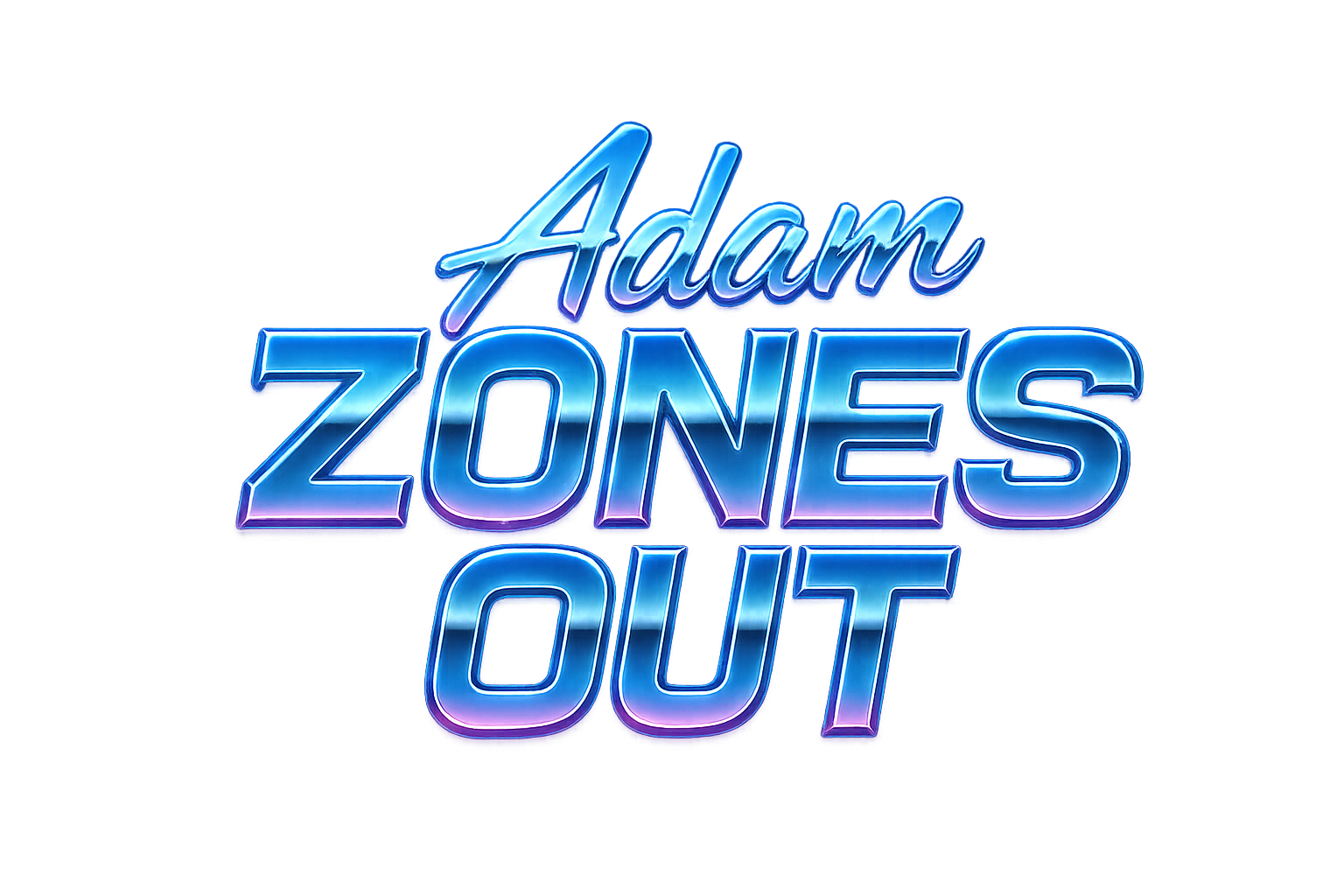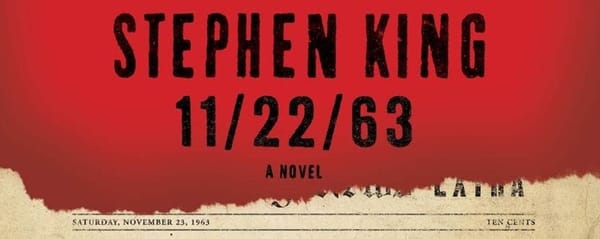"Zoning" Out, Volume I: Alone
One man and his adventure in isolation. Or is it?
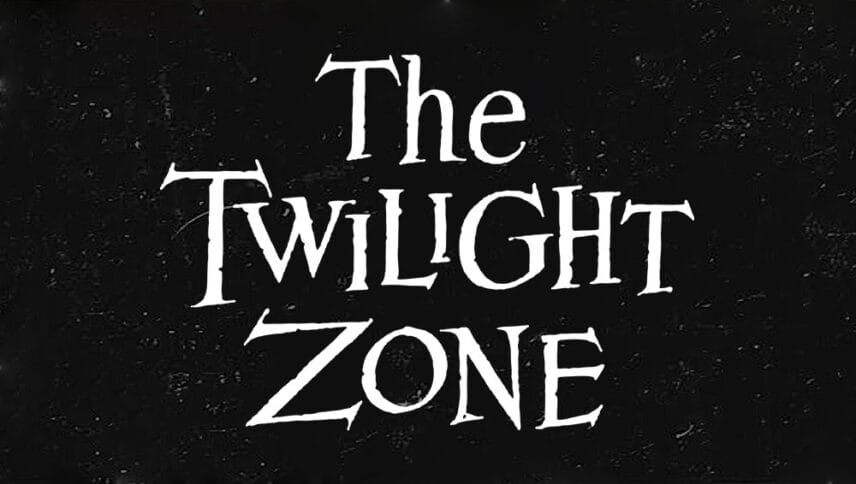
"WHERE IS EVERYBODY?" - October 2, 1959
Most of my writing so far has been positioned towards my attempts at playing games on my expensive Apple computers, but while that is a fun hobby, my true entertainment love is The Twilight Zone. Indeed, we're discussing a television show that premiered almost 70 years ago, almost all the actors and actresses involved - not to mention the people who made the shows - are dead, and sure, most of the tropes are woefully outdated. Yet at the same time, its creator Rod Serling - who I argue could have been a time traveler - and his team of writers, including legends Richard Matheson & Charles Beaumont, managed to create television that was so prescient and ahead of its time that the parables, ironies, allegories, and lessons within can still apply here in 2025.
Beginning today, I'll be not so much going through all 156 episodes of the show on this journey - there are more than a few episodes that are not interesting enough for its own piece, though I'm sure I'll work on a feature about some of these at some point - but we'll cover most of them. There are plenty of famous episodes we all know and love, but also I have so many personal favorites that are oft-forgotten and considered second-rate. I will accept no slander on "Shadow Play" for instance. We'll begin at the beginning, of course, with the very first official episode of The Twilight Zone - "Where Is Everybody?" - which amazingly enough captures the spirit and base concept of the show more than almost any episode in its entire run.
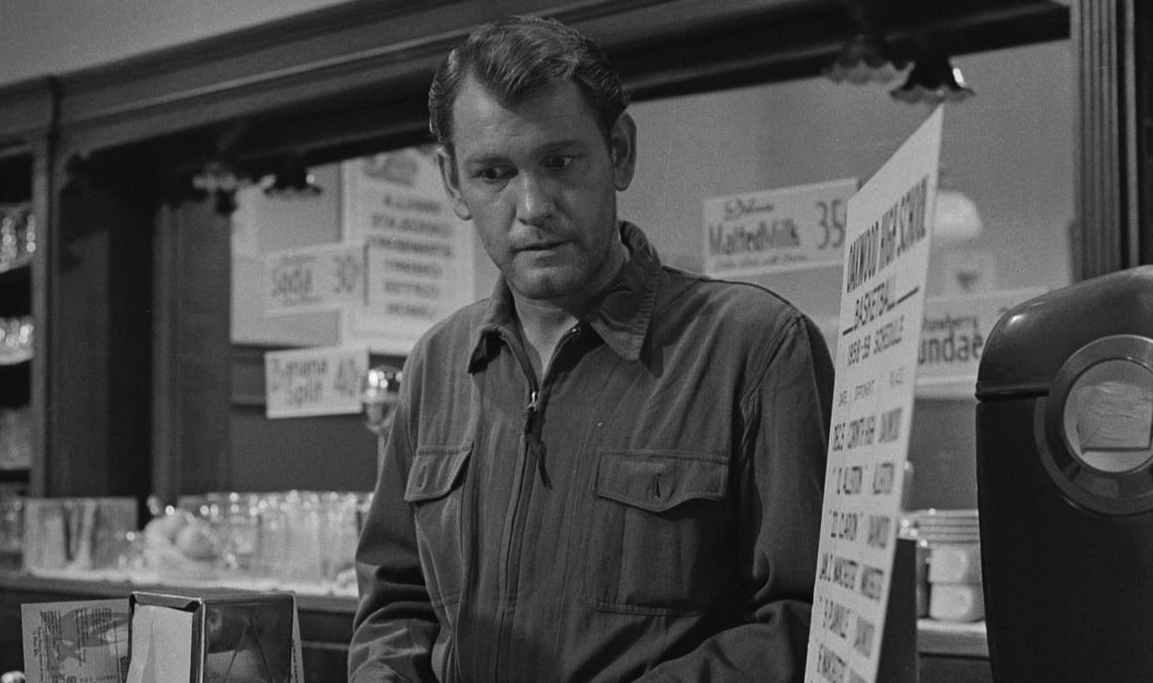
Ironically, "Where Is Everybody?" was Rod Serling's second attempt to make a pilot episode for the show. His original attempt was "The Happy Place", where everyone who reached a specific age was sent off to be euthanized due to not being useful to society any longer. This, of course, was considered a little too depressing to start off a new television anthology, so he went back to the drawing board and came up with this episode. Starring the late, great Earl Holliman, "Where Is Everybody" instead tackled hot topics of its day - fear of nuclear annihilation, the mystery of space travel, and the concept of loneliness as the post-WWII era went along.
In this case, Holliman's character Mike Ferris - a name you do not hear uttered until the end - opens the episode by wandering up to a roadside diner to find something to eat, only to find... an empty diner. Yet, there's evidence that people were there not to long ago, thanks to sizzling pans, steaming coffee, etc. One of the themes of the episode is how he constantly finds empty buildings, but also finds evidence that there was people and activity just seconds before he shows up, like he's being teased and strung along by them. Even the telephone operator he "talks" with winds up being a special recording, as the live operator has apparently gone out to lunch. Or maybe she's on the phone with Elva Keene. We'll get to her story soon.
Anyway, it's in the diner that Ferris figures out that he is an American, by way of pulling American dollars out of his pocket, but he still doesn't really know who he is and what he's doing or why he is all alone. The episode is ultimately a one-man-show starring Holliman, going place to place in the nearby town trying to find someone, anyone to talk to, and as he continues to find nothing, his sanity also begins to reach the same level of nothingness. What starts out as puzzled confusion becomes manic panic. Eventually we get to our "You know, we really are The Last of Us" moment when he breaks the fourth wall to address the audience, and asks "Where Is Everybody"? Then the fun starts. For us, not him.
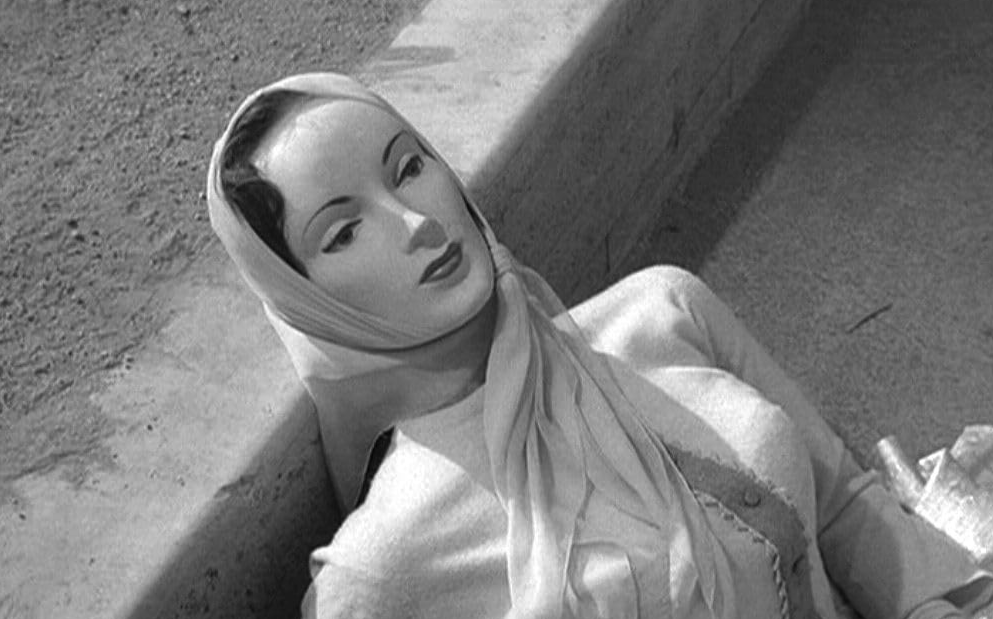
Ultimately, Ferris, uh, ferrets out that he is a member of the Air Force, thanks to the local - and empty - theater playing Rock Hudson's "Battle Hymn", but the sensory overload of a loud movie playing in a theater where there is no audience and no one around to "run the picture" is too much for his troubled mind. He snaps and begins to fear he is being watched, at least by a creepy eye in front of an optometrist office. It's then we piece together what's really going on here - our poor Mike is preparing for a solo flight to space, and is stress-testing for what life is like up there in total isolation. Apparently, it's not going great! This was the first time we saw the now-famous Twilight Zone twist ending, where everything is turned upside down by the revelation at the end. Old Mike is not technically alone, but he was being watched, by his Air Force superiors studying his current objective.
When this premiered in October of 1959, we did not really know what was up in space yet, and Twilight Zone took advantage of this to be very creative when it went to this particular well over the years. "Where Is Everybody?" is an episode theoretically about a man losing his mind in isolation simulating a trip to space, but really, it's not. Everyone was afraid of nuclear war at the time, being less than 15 years since the end of World War II. They were also leery of the isolation that came with the American expansion during the Nifty Fifties, as families became more spread out and away from each other compared to prior generations. As such, the exploits in "Where Is Everybody?" weave in a way that is equal parts fear of being the last person on earth following an extinction-level event, and also the sadness and isolation of being separated from other people.
Rod Serling had to use science-fiction and fantasy worlds to get across his point most of the time, as the Hollywood of that era was far more conservative than it is now, and his reputation was of an "Angry Young Man" who wanted to point out injustices and cultural missteps of his time. The Twilight Zone was his vehicle, and though "Where Is Everybody?" is fairly inoffensive and lacking a hard-hitting moral compared to later episodes, it still tackled an issue that has continued to be prevalent today - how humanity has become more isolated, more boxed-in, and more lonely than ever thanks to technology and societal change. He wasn't really a time traveler, I know, but some people just have the gift to know what the future could hold, and he nailed it so many times we could consider him a prophet of his time.
Twilight Zone's entire 5-season run is streamable on Paramount+
